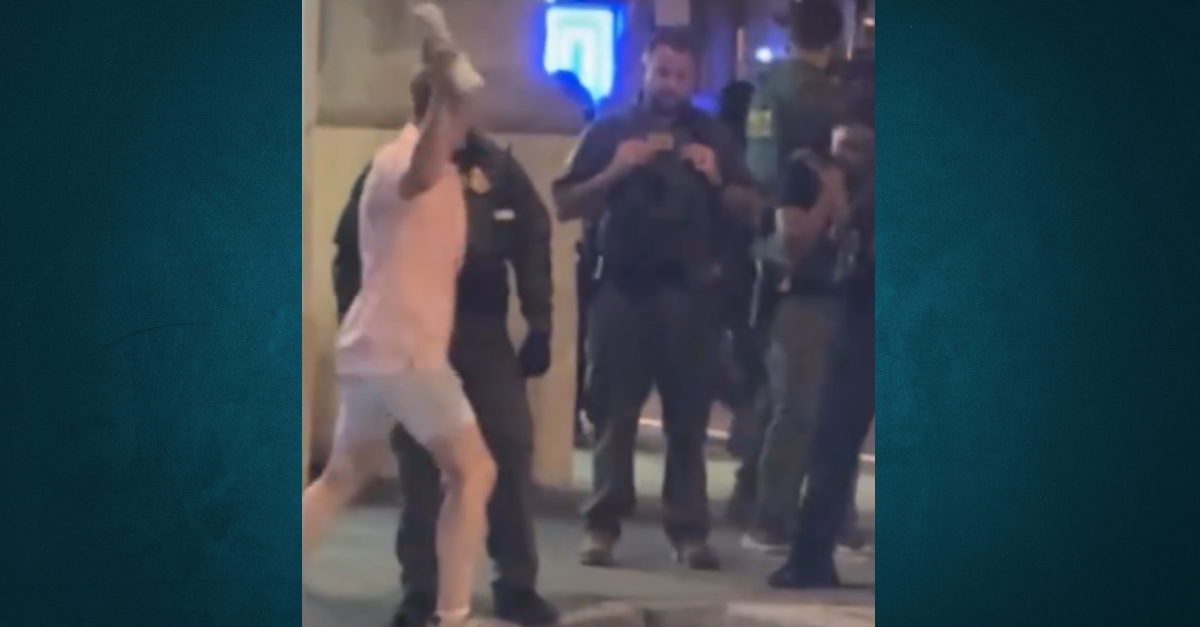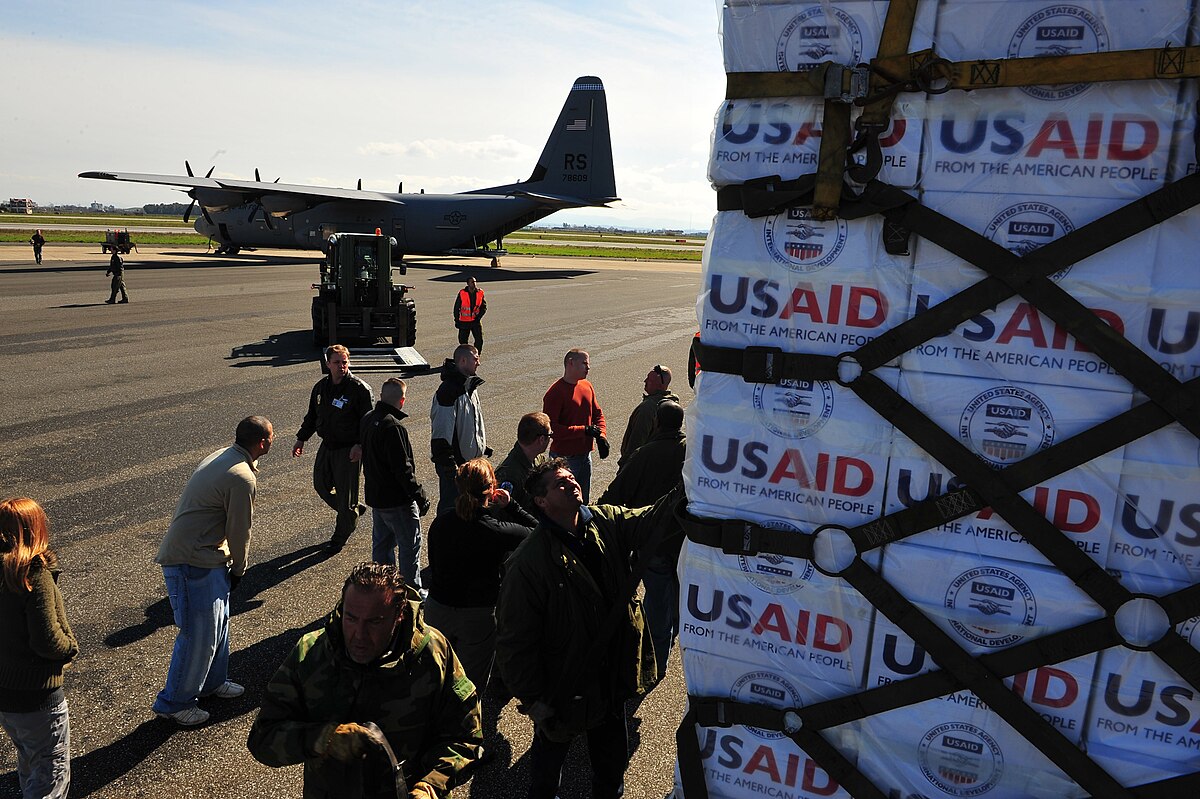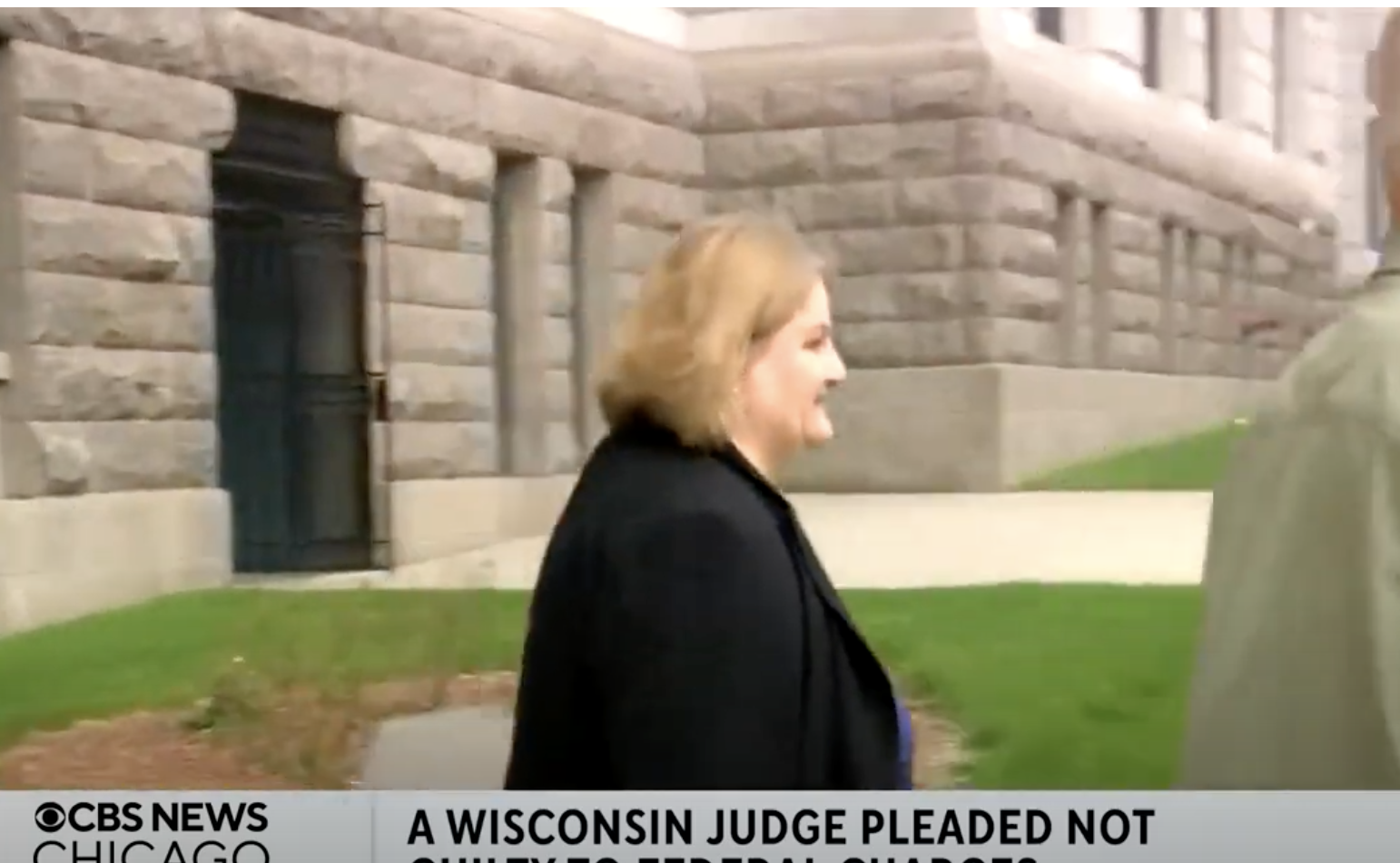A kinder, gentler judicial system has emerged again in Washington, D.C., as leftists face criminal charges over President Donald Trump’s efforts to curb crime in the city. The same system that sentenced Paulette Harlow, a 77-year-old grandmother, to federal prison for blocking and praying in front of an abortion facility could not find grounds to indict a man who assaulted a law enforcement officer with a sandwich.
Sean Charles Dunn was charged this month with a felony for “assaulting, resisting, or impeding certain officers and employees of the United States.” Video evidence reportedly shows him screaming and making physical contact with law enforcement during the incident. However, prosecutors from the Department of Justice (DOJ) were unable to convince a grand jury in D.C. to indict him.
The New York Times described this as a “remarkable failure” by the U.S. attorney’s office, noting it was the second recent instance where a grand jury declined to indict someone accused of felony assault on a federal agent.
Dunn lost his job as an international affairs specialist at the DOJ, a position he held since 2022 under former President Joe Biden. His role involved sensitive law enforcement matters that could impact U.S. foreign relations.
In contrast to the swift decisions made in Dunn’s case, many defendants from the January 6 events faced prolonged legal battles and additional charges. Dunn’s case was resolved quickly, highlighting a disparity in how the judicial system handles politically sensitive cases.
This leniency mirrors previous high-profile cases, such as that of Michael Sussmann, a former attorney for Hillary Clinton, who was acquitted of lying to the FBI. Similarly, Igor Danchenko, a key source for the Steele dossier, was acquitted of lying to the FBI and had his case dismissed.
Critics argue that such outcomes contribute to a perception of a lenient justice system in Washington, D.C., particularly for those connected to political power. As long as individuals can assault law enforcement on video without facing significant consequences, concerns about crime and justice in the capital will persist.
Beth Brelje is an elections correspondent for The Federalist, with decades of experience in investigative journalism.
READ Media Coverage of Minneapolis School Shooting Raises Questions About Pronoun Usage



